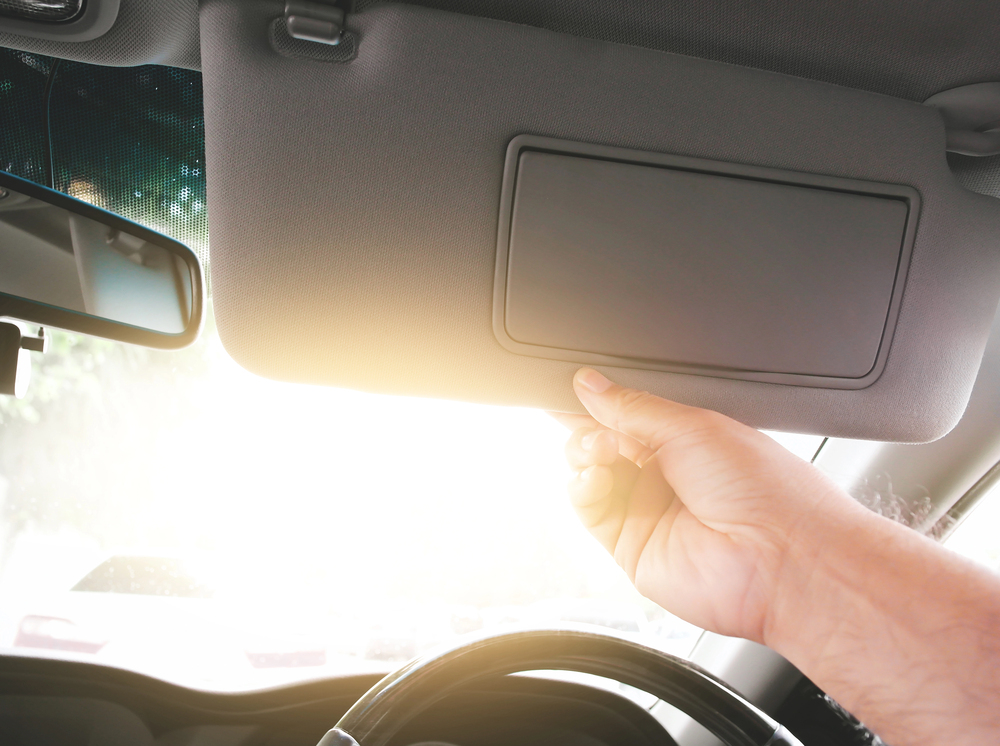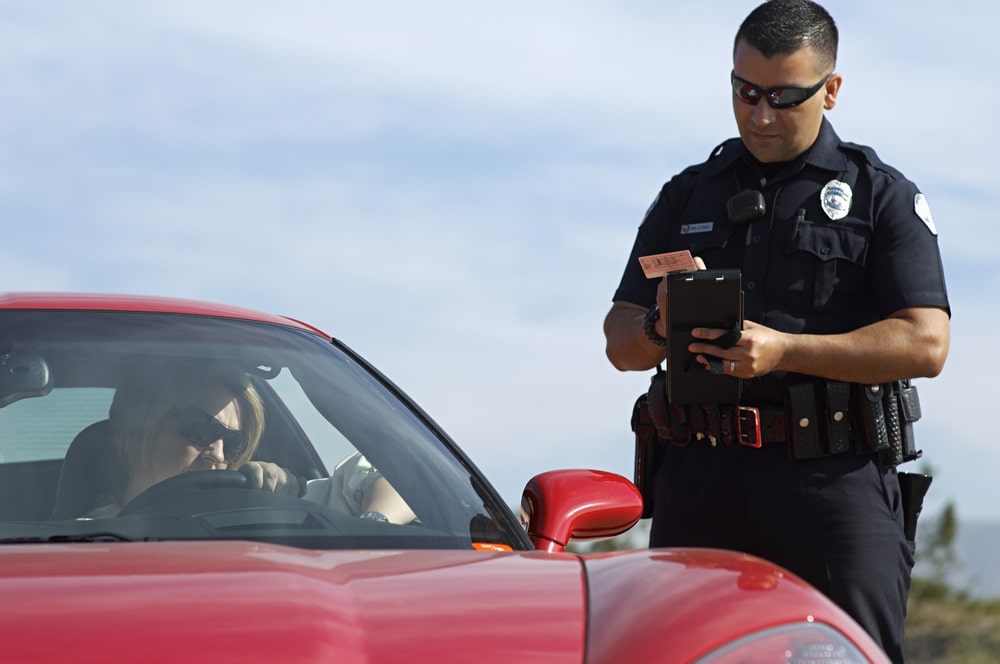Helpful tips and tricks for first time car buyers
Justin S
Created by: Oct 08, 2025
|
Modified by: Nov 07, 2025

Buying your first car is an exciting and liberating experience. But it’s also one of the biggest financial commitments most people make early in life, and buying a car, especially a preowned one without doing your homework, can lead to some serious regrets down the road. The key is to balance excitement with caution and to focus on long-term value rather than just looks or monthly payments.
The first thing you’ll want to do is set a realistic budget. The biggest mistake new car buyers make is to base their budget on the price of the car alone. It is vital to factor in all the related car costs such as registration, tax, insurance, maintenance, gas, and even parking if you live or commute to an area that does not offer free overnight parking. Often a car that looks affordable on paper can easily stretch your finances once those extra costs pile up. If you cannot pay for the entire cost of the vehicle at the time of purchase, getting pre-approved for financing is a vital step of the process. Additionally, the preapproval should give you a clear understanding of your monthly payment, interest rate and loan term. This information can help you budget for the purchase accordingly, helping you better understand the amount you can spend on the car without going over your allocated budget.
When you start looking at cars, reliability and ownership costs should matter more than modern new tech and luxury features. A used car that’s been well-maintained can often be a smarter buy than a brand-new one with a big loan attached. There are many options available, from large SUVs to compact cars. The important thing to remember is to find a car that fits not only your lifestyle needs but also your budget. Check vehicle reviews, MPG rating and average cost of ownership before deciding on the year, make and model of the vehicle you want to look to purchase. If your primary goal is to find a reliable and fuel-efficient vehicle, you can’t go wrong with a Honda Civic, a Toyota Corolla or a Mazda 3. However, if you are looking for something to take to a construction work site or do some towing, you may want to check out the rugged Toyota Tacoma, the tried-and-true Ford F150 or the large and durable Toyota Tundra. There are options to meet everyone’s needs.
No matter what vehicle you choose, it is always wise to check the vehicle history report — this tells you if the car’s been in any accidents, had flood damage, or carries a salvage title. It’s also a good idea to have the car inspected by an independent mechanic before buying, even if it looks perfect on the surface.
This should go without saying: always test drive the vehicle you intend to purchase. Pay attention to how the car feels and listen for any unusual sounds. Don’t just drive around the block — take it on the highway, test the brakes and check for vibrations, odd noises, or warning lights. If you are driving an automatic transmission vehicle, then pay attention to how the transmission shifts, and make sure the steering feels tight and responsive. If anything feels off, don’t let a salesperson’s reassurance be your only comfort. Have the vehicle inspected by an independent professional auto technician.
Lastly, don’t rush. Salespeople are trained to make you feel like the deal will disappear if you don’t sign today. There’s always another car out there. Take your time to compare prices, research the model’s long-term reliability and make sure the numbers make sense before committing.
Buying your first car should be exciting, not stressful. With a little preparation, the right research, and a solid inspection, you can drive off the lot confident that your first big purchase is one you won’t regret.





